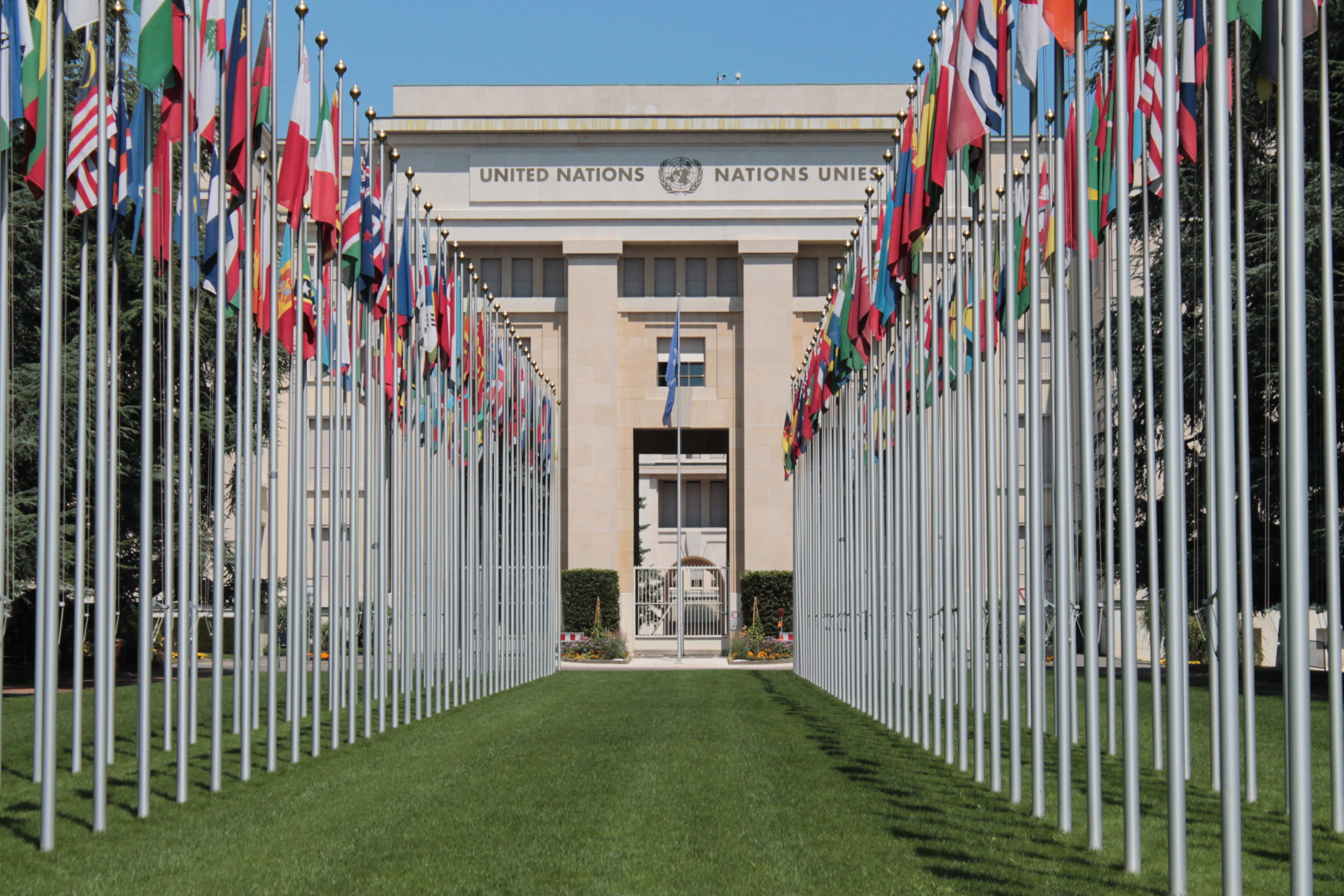On 11 October 2023, the International Commission of Jurists (ICJ) made a submission to the UN Human Rights Council’s Working Group on the Universal Periodic Review (UPR) in advance of its review of Vietnam’s human rights record in April – May next year.
In its submission, the ICJ draws the attention of the Human Rights Council’s Working Group on the UPR to a number of serious human rights concerns in Viet Nam in connection with:
- Freedom of expression;
- The death penalty; and
- The independence of the judiciary and the right to a fair trial.
In addition, in its submission the ICJ calls upon the Working Group and the Human Rights Council to make the following recommendations to the Vietnamese authorities:
On freedom of expression
- The legislature should repeal or substantially amend legal provisions that unduly restrict the right to freedom of expression – including articles 117 and 331 of the Penal Code, Law on Cybersecurity, Decree 53, and Decree 72 – to bring them in line with international human rights law; and the proposed enactment of a new Decree 72 should be shelved;
- The prosecuting authorities and the judiciary should immediately cease ongoing criminal investigations, drop all existing charges and revoke or otherwise rescind criminal penalties imposed against individuals for alleged violations of domestic provisions, particularly with respect to domestic criminal provisions that are inconsistent with general principles of criminal law and Viet Nam’s obligations under international human rights law, including those guaranteeing the rights to freedom of expression and information;
- The government should refrain from restricting or blocking online content unless the blocking decision has been undertaken following a full analysis that applies international standards concerning legality, legitimate purpose, necessity, proportionality and non-discrimination, and has been authorized pursuant to an order by an independent and impartial judicial authority, in accordance with due process with the express guarantee of the right to appeal.
On the death penalty
- Halt all impending executions of individuals and commute their sentences; impose an immediate moratorium on the use of the death penalty with a view to abolishing capital punishment;
- Ensure that there is sufficient transparency with respect to the death penalty, including through making sure that essential information relevant to a specific planned execution be promptly provided to death row prisoners and their families, and making publicly available information regarding death sentences, notifications and executions.
On the independence of the judiciary and fair trial
- Take immediate steps to safeguard, in law and in practice, the full independence and impartiality of the judiciary from any form of political pressure and influence, and ensure transparent and impartial processes for appointments to the judiciary;
- Ensure that the right to a fair trial be fully respected at the investigation and trial stages in compliance with international law and standards, including through guaranteeing the right to legal assistance pending trial, the right to adequate time and facilities for the preparation of a defence, the right to a public hearing, the presumption of innocence, the right to defence, and the right to equality of arms;
- In relation to cases where there have been allegations of ill-treatment, initiate prompt, impartial and effective investigations into all credible allegations of torture or other cruel, inhuman or degrading treatment and, when warranted by the evidence, bring the perpetrators to justice; provide victims with access to an effective remedy and reparation; and
- Cease the use of arbitrary criminal investigations against lawyers aimed at impairing their legitimate work as human rights lawyers and their right to freedom of expression. In addition, consistent with the ICCPR and UN Basic Principles on the Role of Lawyers, take all necessary measures to ensure the free exercise of the legal profession, in all circumstances, so that lawyers may exercise their legitimate professional rights and discharge their duties towards their clients and the courts without fear of reprisals and free from all undue restrictions, including harassment through abusive legal proceedings.
The submission can be downloaded here.

